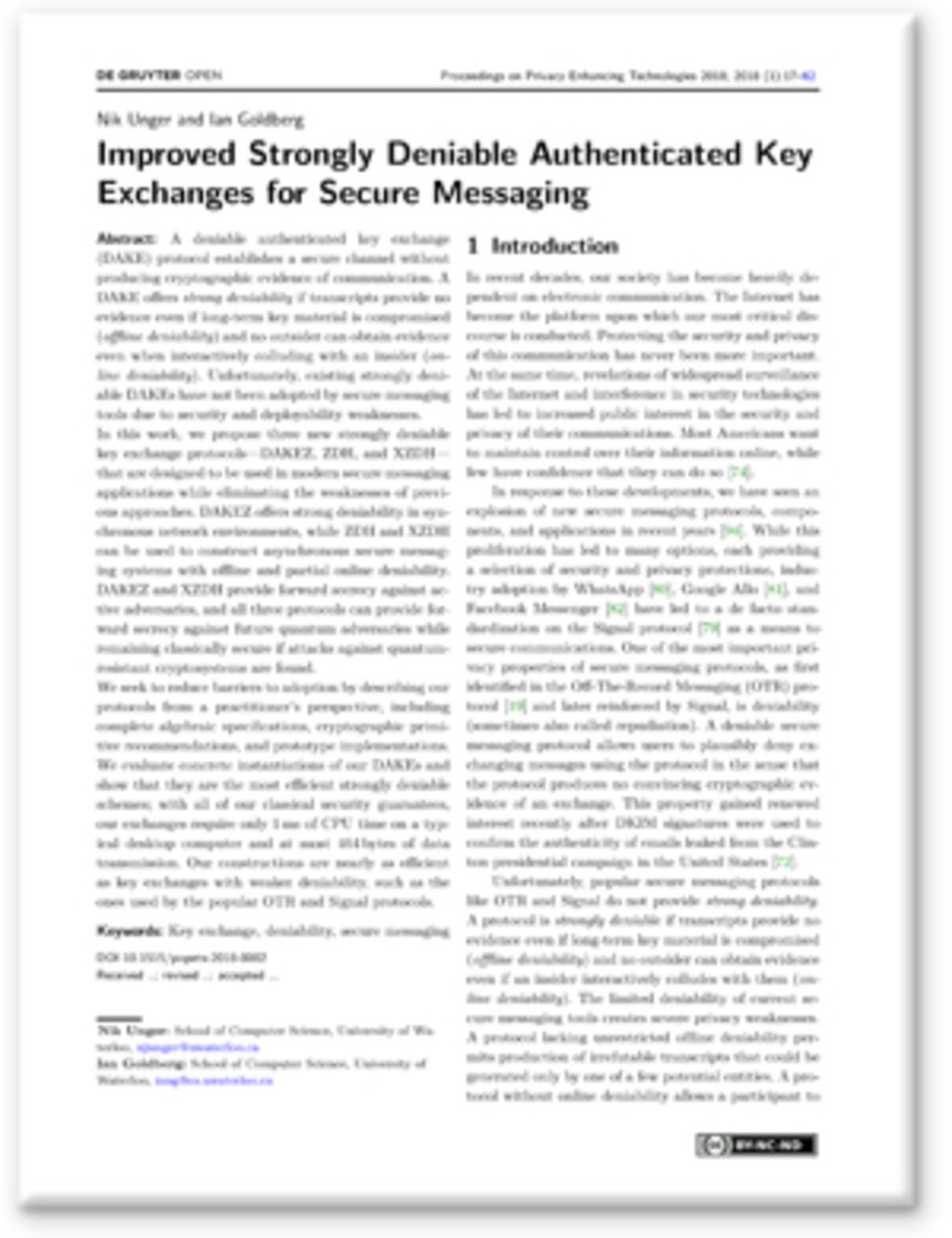Tuesday, January 9, 2018
How blockchain can democratize green power
Professor Srinivasan Keshav recently wrote an article for The Conversation Canada about how blockchain technologies could help homeowners sell their green electricity to their neighbours.

